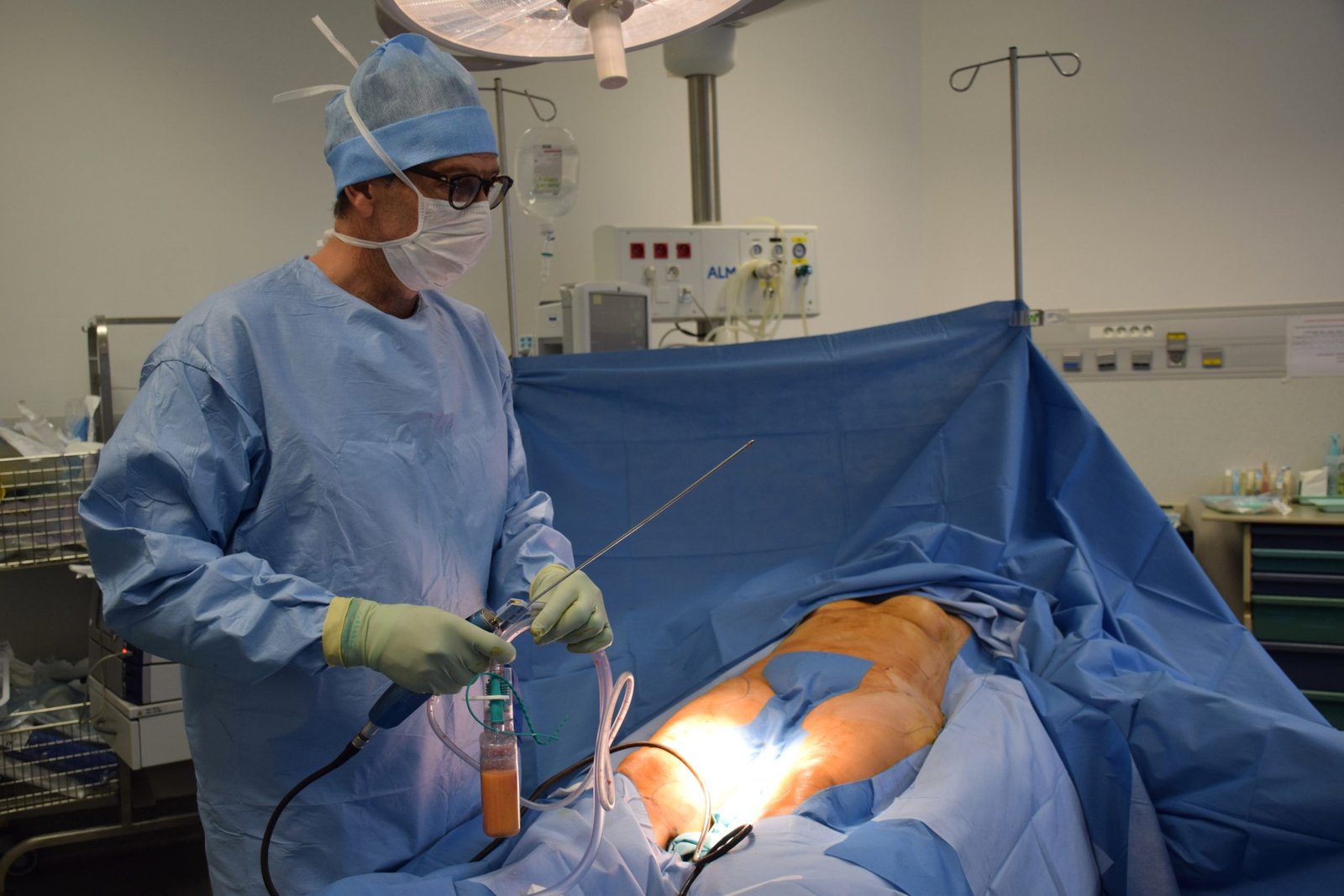Have you ever wondered how much anesthesia costs? You’ll pay more for an anesthetic, but it’s worth it to be able to avoid the agony and anxiety. The cost of an operation is affected by a variety of factors, including the location, scope, and anesthetic used. It also varies widely depending on the geography, provider fees, and specialized or high-risk circumstances. A person looking for economical dental or medical care may find it difficult to estimate the price of this type of service.

How Much Does Anesthesia Cost?
A usual cost is $400 for the first 30 minutes, followed by an extra $150 for 15 minutes. In terms of costs, that’s usually the starting point. This does not, however, cover every aspect of care or every situation. Typically, the cost is between $300 and $1000.
The location of the procedure is an important consideration when estimating the cost of this sort of treatment. People may expect to be in a hospital setting when receiving this form of anesthetic, but that isn’t always the case. Costs can be drastically reduced by avoiding hospitalization. What anesthetic costs depend on who provides it and where it is administered. Using a hospital for medical practices, even simple surgery can significantly increase the costs for both the patient and the healthcare provider.
Interesting Read: Why Would A Doctor Order An MRI?
What Can Office-Based Anesthesia Provide Instead?
Using an office-based anesthetic provider can help cut some of these expenditures. When it comes to protecting a patient’s health and life, this type of physician is just as capable as a hospital staff member would be in the same situation. That includes having the same level of expertise and experience as a hospital-based service provider.
As a result, working as an office-based anesthetic physician lowers costs. The anesthesiologist’s presence throughout the process ensures that the procedure and level of care remain the same or even improve. Furthermore, similar treatments can be performed in a physician’s office with the same amount of care, sanitization, and oversight as they would be in a hospital.
Of course, not all medical operations can be performed this way. Many healthcare professionals, on the other hand, see this as a way to dramatically reduce costs without sacrificing the quality of service.
Final Thought
In short, the cost of anesthesia depends on numerous factors. These can include the type of anesthetic used, how long it takes, the geographical location, and whether or not the patient is hospitalized during treatment. However, avoiding hospitalization by using an office-based anesthesiologist can be a great way to save money without skimping on quality care.
Other Related Topic:
The Different Types Of Anesthesia

There are four main types of anesthesia: general, regional, local, and monitored anesthesia care.
General anesthesia is used to put the patient to sleep for surgery. The anesthesiologist will give the patient intravenous (IV) drugs to help them relax and may also use inhaled gases like nitrous oxide. The goal of general anesthesia is to keep the patient relaxed and free from pain throughout the surgery.
Regional anesthesia numbs a larger area of the body using injections or an epidural catheter. The anesthesiologist will numb medication around the spinal cord or nerves that lead to the area of the body where the surgery will be performed. This type of anesthesia is often used for childbirth, orthopedic surgery, and pain management procedures.
Local anesthesia numbs just a small area using injections or topical medications. The anesthesiologist will numb the area around the surgical site so that the patient does not feel pain during the procedure. This type of anesthesia is often used for small surgeries and procedures like biopsies and dental work.
Monitored anesthesia care is a type of sedation that is used for more complex surgeries. The anesthesiologist will carefully monitor the patient’s vital signs and level of sedation throughout the surgery. This type of anesthesia is often used for heart surgery, brain surgery, and other complex procedures.
Which Type Of Anesthesia Is Right For Me?
The type of anesthesia that is right for you will depend on several factors, including the type of surgery you are having, your medical history, and your preferences. Your anesthesiologist will work with you to determine the best type of anesthesia for your procedure.
What Are The Risks Of Anesthesia?

Anesthesia is generally safe, but there are a few risks that you should be aware of. The most common side effects of anesthesia include nausea and vomiting, dizziness, and drowsiness. These side effects are usually short-lived and go away within a few hours of the surgery. Some people may also experience more serious side effects like confusion, anxiety, and depression. These side effects are rare but can be more serious. Other potential side effects of anesthesia include:
- Drowsiness: Many people feel drowsy after having anesthesia. This is normal and usually goes away within a few hours.
- Confusion: Some people may feel confused or disoriented after waking up from anesthesia. This is also normal and usually goes away quickly.
- Memory loss: Anesthesia can cause temporary memory loss. This is usually short-term and resolves within a few days or weeks.
- Slurred speech: Anesthesia can cause slurred speech. This usually goes away within a few hours.
- Muscle aches: Anesthesia can cause muscle aches. These usually go away within a few days.
- Numbness: Anesthesia can cause numbness or tingling in the hands and feet. This usually goes away within a few hours.
- Headache: Anesthesia can sometimes cause a headache. This usually goes away within a day or two.
Read More: What Doctor To See For Numbness In Toes?
What Should I Expect After My Surgery?
After your surgery, you will be taken to a recovery room where you will be closely monitored. The anesthesia will start to wear off and you will wake up from the surgery. You initially feel groggy and disoriented first, but this will usually go away within a few hours. You will be given pain medication to help with any discomfort you may feel. You will be able to go home the same day as your surgery if all goes well.
Anesthesia can be a complex and confusing topic, but it is important to understand the basics before having surgery. This article has provided a brief overview of the different types of anesthesia, the risks involved, and what to expect after your surgery. If you have any questions, be sure to talk to your anesthesiologist before your procedure.
